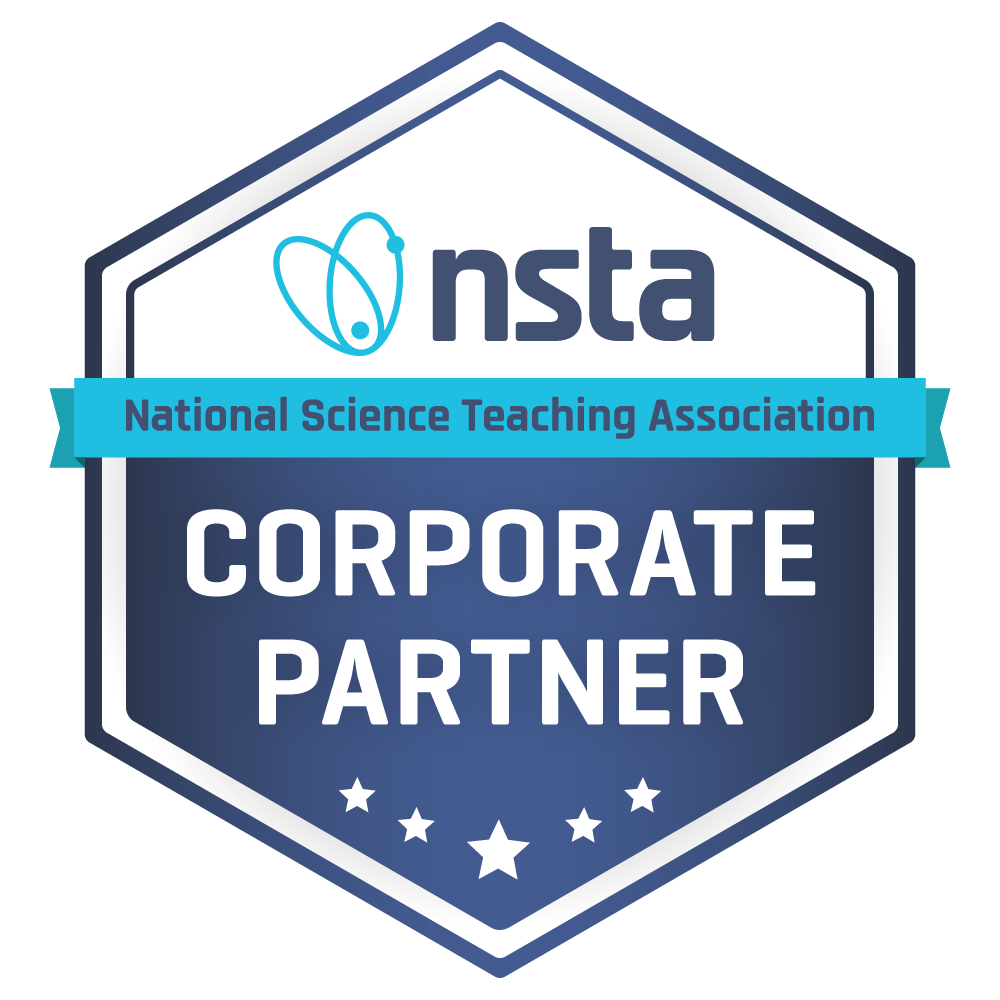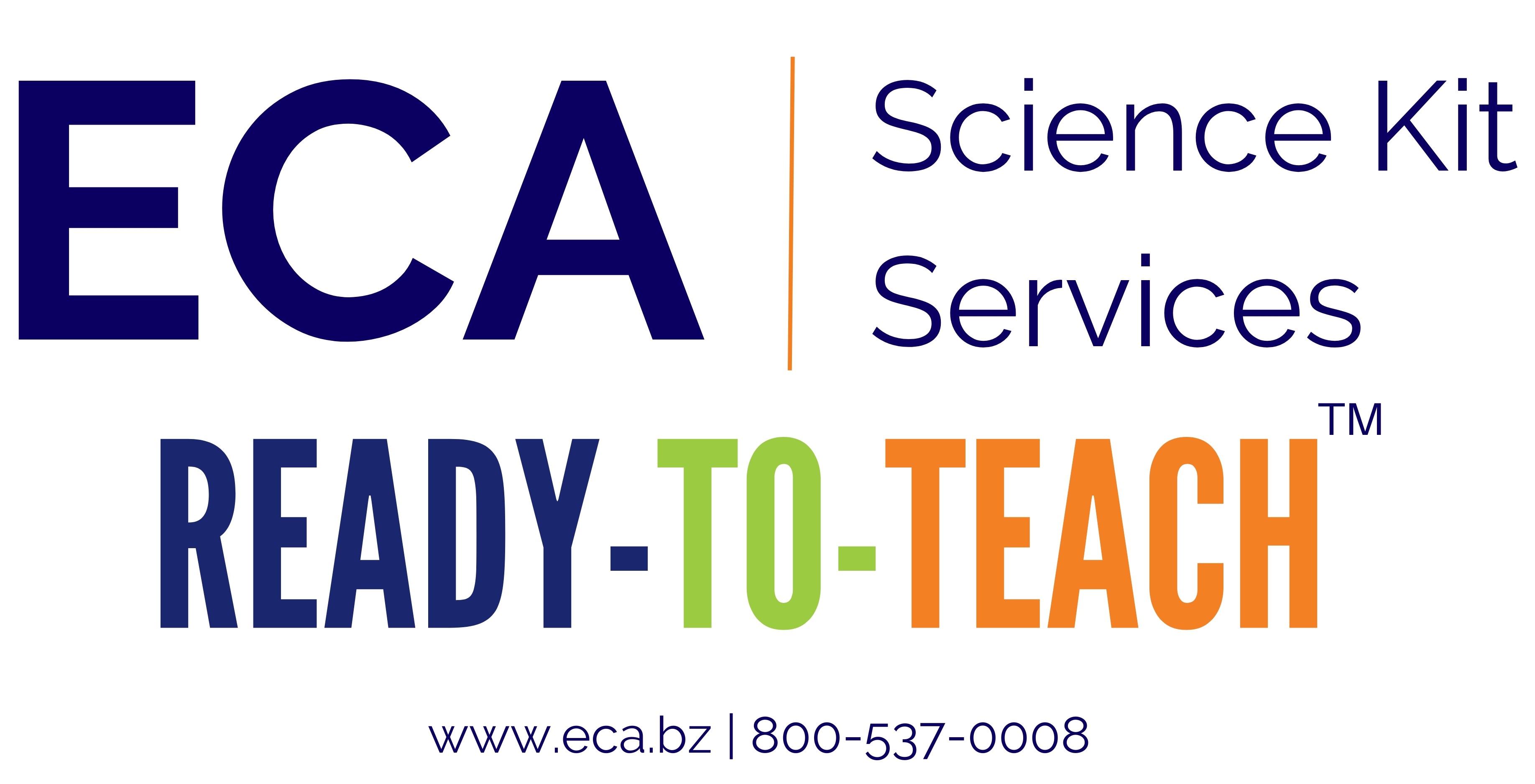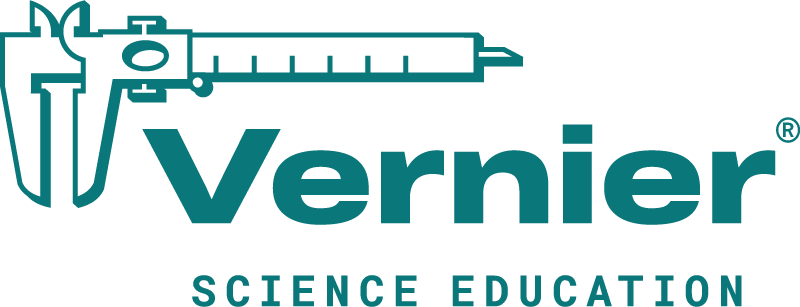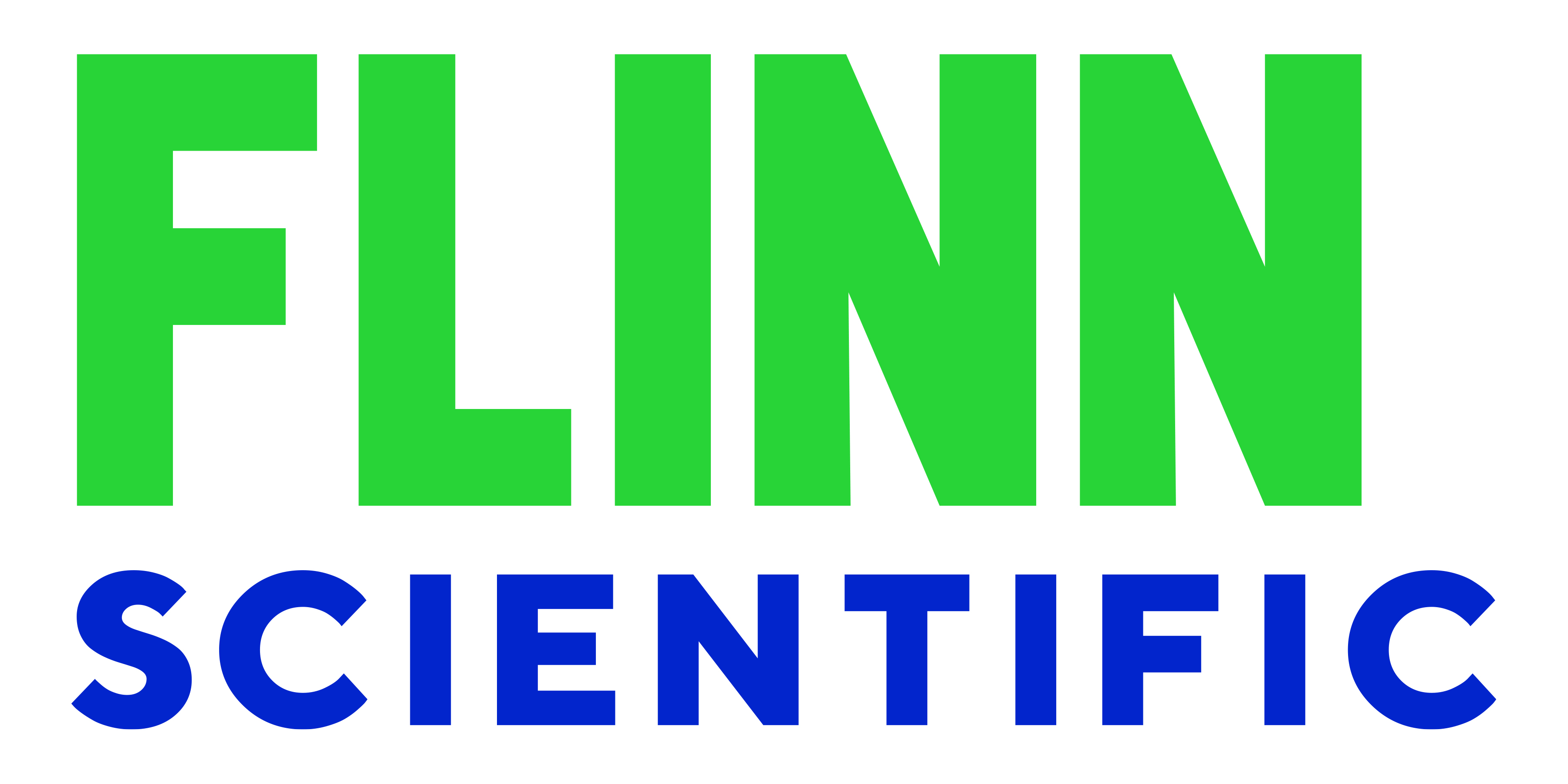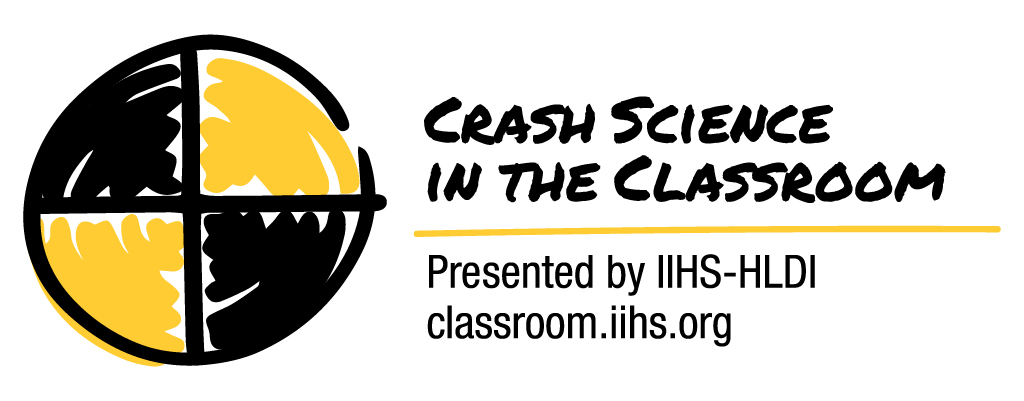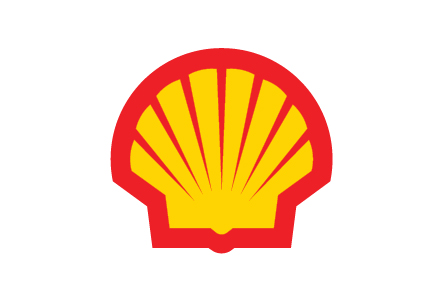National Conference in Philadelphia
March 26-29, 2025
See the Latest from NSTA Philly25
For the LOVE of Science Education
Join us in the City of Brotherly Love to connect with like-minded professionals for an unforgettable experience! With content crafted by educators for educators, you’ll leave with an arsenal of engaging, practical strategies for your classroom, school or district that you can implement right away. Whether you're just looking for casual networking, peer-driven roundtable discussions, or new professional opportunities, we have it all!
Check out Highlights from our NOLA24 conference to get a glimpse of what's in store for you at Philly25!
Need help attending?
Chart Your Journey
Customize Your Conference Experience
Build your customized itinerary based on your individual learning interests and goals.
Let Us Help You With Your Journey
Pathways feature hand-selected programming tracks to maximize your conference experience through a curated grouping of sessions centered around a specific topic of interest.
Overview
Keynote Speakers
Conference Strands
Assessment
Proposals in this strand should focus on improving science and STEM classroom teaching and learning through the
use of high-quality assessments. These sessions should deepen the educator’s knowledge base and instructional
practice. Assessment materials used as the context or examples must be OER or open to all and free of charge.
Resilience in Teaching and Learning
This strand will explore some of the successful techniques, tactics, and resources that provide social and emotional learning programs in the classroom and approaches that encourage an educator’s self-care. Examples include stress management, social and emotional health, teacher leadership, fitness, and work-life balance.
Sensemaking and 3D Learning
When students-as-scientists and engineers have authentic, relevant opportunities to actively make sense of the world and beyond (what we call sensemaking) science learning becomes engaging, accessible, and important to all students. Four attributes of sensemaking are phenomena, science and engineering practices, student ideas, and science ideas (grade-appropriate disciplinary core ideas). In this strand, we invite educators to share how they have integrated the pillar(s) of sensemaking into their practice. Particular emphasis will be placed on sessions that provide strategies for lesson design or assessment using at least one of the pillars in combination with student work, student video, or specific examples of the strategy in the classroom and its impacts on student learning.
Research to Practice
Proposals in this strand should focus on highlighting a specific research project, publication, or finding in education and how it can be implemented in the classroom. Proposals that use specific classroom examples or specific classroom strategies will be prioritized.
#Trending in Science Education
Proposals in this strand should focus on hot topics in science education. Proposals connected to interdisciplinary teaching and learning, AI, curriculum-based professional learning, and involvement of local communities in classroom learning will be prioritized.
Leadership
Proposals in this strand should focus on supporting science/STEM leaders. The target audience can be educators or partners in the classroom, administrators, instructional coaches, and district, or national leaders. Example focus areas include professional development (job-embedded professional learning, enactment of high-quality curriculum, instruction, and/or assessment), emerging research areas in leadership, science/STEM professional learning for administrators, management ideas, leading and learning, school branding and social media, working with new teachers, and retaining teachers.

NSTA TV Returns to the National Conference
NSTA TV highlights the hard work of educators and organizations committed to elevating the quality of education in the U.S. Programming will also spotlight innovative programs and initiatives that are helping to transform science and STEM teaching and learning.
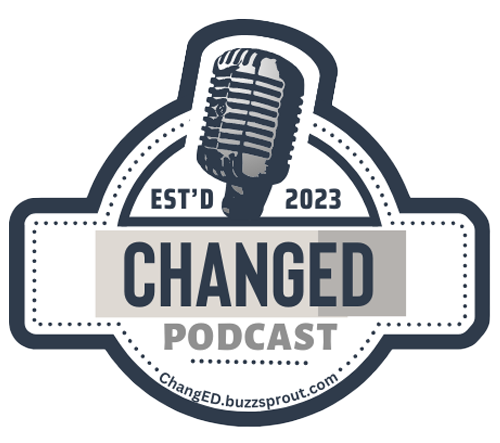
We’re collaborating with our friends at the ChangED podcast to bring you an inside look at the conference!
Through engaging conversations, we’ll highlight the exciting events, inspiring speakers, and transformative experiences that make Philly25 a must-attend event for science educators. Whether you're a first-time attendee or a conference veteran, this podcast will give you a sneak peek into what’s in store and why you won’t want to miss it!



